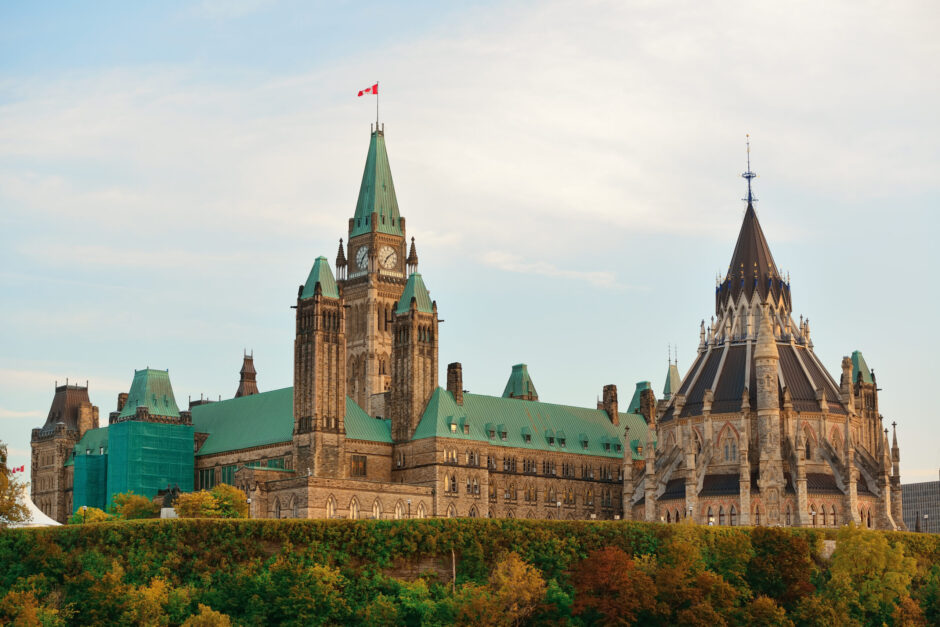A Brief History of Quebec City
Quebec City was founded in 1608 by Samuel de Champlain, a French explorer and navigator who had previously sailed to North America in search of a passage to Asia. Champlain named the new settlement “Kébec,” an Algonquin word meaning “where the river narrows.” The location of the city was strategically important for trade, as it was situated on the St. Lawrence River, which connected the interior of North America with the Atlantic Ocean.
In the early years of the settlement, life was harsh and often perilous. The first winter in Kébec was particularly difficult, and many of the settlers perished from cold and disease. However, Champlain was determined to establish a permanent French presence in the region and worked tirelessly to build alliances with local Indigenous communities, including the Huron and Algonquin peoples.
The economy of Quebec City during this period was based largely on the fur trade, with French traders and trappers venturing deep into the interior of North America to collect beaver pelts and other valuable furs. The fur trade brought great wealth to the city, and the profits were used to fund the construction of churches, public buildings, and private residences.
In 1759, the fate of Quebec City was forever changed when British forces under the command of General James Wolfe launched an attack on the city. The Battle of the Plains of Abraham, which took place just outside the city walls, was a decisive victory for the British, and it marked the beginning of British rule in Quebec City.
Under British rule, Quebec City continued to grow and develop. The British built new infrastructure, including roads, bridges, and public buildings. The economy of the city shifted away from the fur trade and towards manufacturing and industry, with the establishment of factories, mills, and workshops.
In the mid-20th century, Quebec City underwent a period of profound social and political change known as the Quiet Revolution. The province of Quebec began to assert its distinct identity and culture, and Quebec City became a hub of French-language culture and arts.
Today, Quebec City is a vibrant, cosmopolitan city that is proud of its French heritage and culture. The city is home to a thriving arts scene, with numerous galleries, museums, and theaters. It is also a popular tourist destination, with millions of visitors each year coming to explore its historic landmarks, sample its cuisine, and experience its unique blend of French and Canadian culture.
Quebec City has a rich and fascinating history that spans over four centuries. From its humble beginnings as a French colony to its present-day status as a vibrant, cosmopolitan city, Quebec City has played an important role in the development of North America. Today, it stands as a testament to the enduring strength and resilience of the people who call it home.
Quebec City, also known as Ville de Québec in French, is a historic and culturally rich city in Canada. It is the capital of the province of Quebec and is located on the banks of the Saint Lawrence River. Quebec City is the second most populous city in the province of Quebec, after Montreal, and is one of the oldest cities in North America. The city has a distinct European feel and is famous for its charming Old Town, stunning architecture, and vibrant cultural scene.
Quebec City was founded in 1608 by Samuel de Champlain, a French explorer, and is one of the oldest cities in North America. It has a rich history and has been the site of many important events, including the Battle of the Plains of Abraham in 1759, which marked the beginning of British rule in Canada. Today, the city’s historic district, known as Old Quebec, is a UNESCO World Heritage Site and is home to many important historical landmarks and museums.
One of the most iconic landmarks in Quebec City is the Château Frontenac, a grand hotel that sits atop a hill overlooking the city. The hotel was built in the late 19th century and has become a symbol of the city’s history and culture. Visitors can take a guided tour of the hotel or simply enjoy the stunning views of the city from its terrace.
Quebec City is also famous for its vibrant cultural scene. The city hosts numerous festivals and events throughout the year, including the Quebec Winter Carnival, which takes place every February and features ice sculptures, outdoor concerts, and a traditional canoe race on the frozen Saint Lawrence River. Other notable festivals include the Quebec City Summer Festival, which features live music, street performers, and food vendors, and the New France Festival, which celebrates the city’s French heritage with period costumes, reenactments, and traditional food.
In addition to its cultural attractions, Quebec City is also a foodie’s paradise. The city’s culinary scene is heavily influenced by French cuisine, and visitors can enjoy everything from traditional Quebecois dishes, such as poutine and tourtière, to upscale French-inspired cuisine. The city’s famous farmer’s market, the Marché du Vieux-Port, is a must-visit for food lovers and offers a wide variety of fresh produce, meats, cheeses, and baked goods.
Quebec City is a unique and fascinating destination that offers a rich blend of history, culture, and cuisine. Whether you’re exploring the city’s historic landmarks, attending a festival or event, or simply enjoying the local cuisine, Quebec City is sure to leave a lasting impression on visitors.


